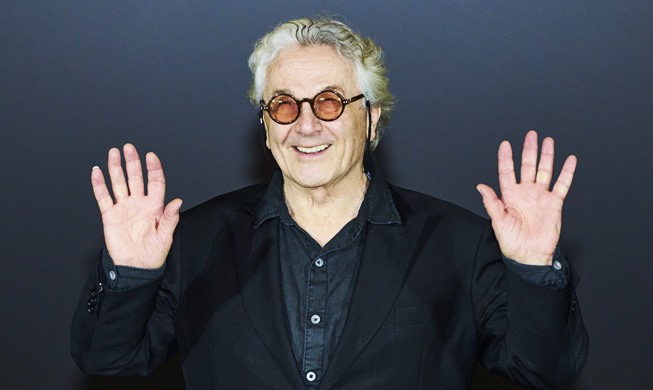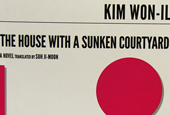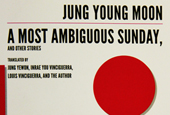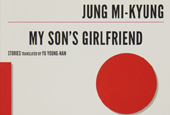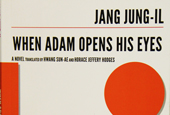-
 Korea.net's 24-hour YouTube channel
Korea.net's 24-hour YouTube channel- NEWS FOCUS
- ABOUT KOREA
- EVENTS
- RESOURCES
- GOVERNMENT
- ABOUT US
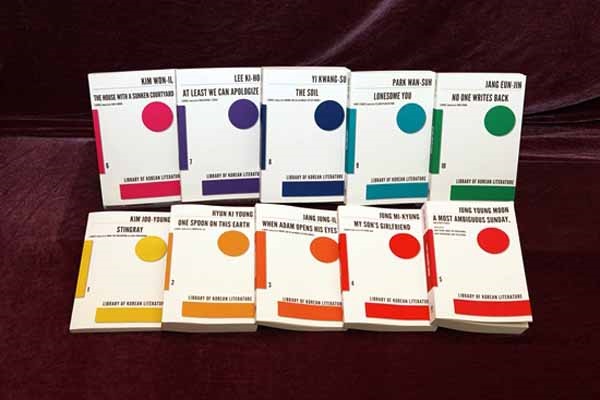
The Library of Korean Literature series is a collection of ten Korean novels published in English in the U.S. last year. (Photo courtesy of the Literature Translation Institute of Korea)
The seventh volume in the ten-part Library of Korean Literature is the full-length novel “At Least We Can Apologize” by Lee Ki-ho.
This 2009 novel is regarded as the one of Lee’s works that most perfectly embodies the author’s style, characterized by unique, humor-studded sentences and some baffling but interesting themes.
The story is centered on two boys, Si-bong and “me,” as told in the first person, who have long been held in custody at an institution, as they’re believed to be abnormal.
“I tried to make this work reflect ‘us,’ powerless souls who are forced to feel guilty for what we have not done,” the author explained.
Si-bong and the narrator are subject to abuse and beatings from the caretakers at the institution. They are regularly force-fed pills, in the morning and at night. The pills, very addictive and narcotic, have the power to make them submissive.
As the corrupted reality of the institution is made public, the superintendent and caretakers are taken away at the hands of police officers. The duo finally comes out of the hell-like facility, getting back to the world. However, they have difficulty finding a job, as they have already been too accustomed to life at the institution.
They realize that the only thing they can do well is to apologize for things they actually haven’t done, just as they were forced to do after being beaten by the caretakers. So the pair decides to make money by starting a business making apologies for other people.
They roam around, looking for prey. While doing so, they encounter a series of sins their clients keep secret and their guilt is deeply embedded in their minds. At some point, Si-bong and the narrator, terribly conditioned by a distorted sense of guilt, go overboard by forcing their clients to spew out misdemeanors that they didn’t even commit or that weren’t even that severe.
The narrator, however, feels that he must break out of this irrationally vicious circle and finally turns away from his long-time partner. By finally committing a “real” crime by himself, the boy apologizes for it and then sets out to correct his self-identity.
He goes out to find his biological father, who has been missing for many years. As he traces himself back to his origins, the boy grows more mature.
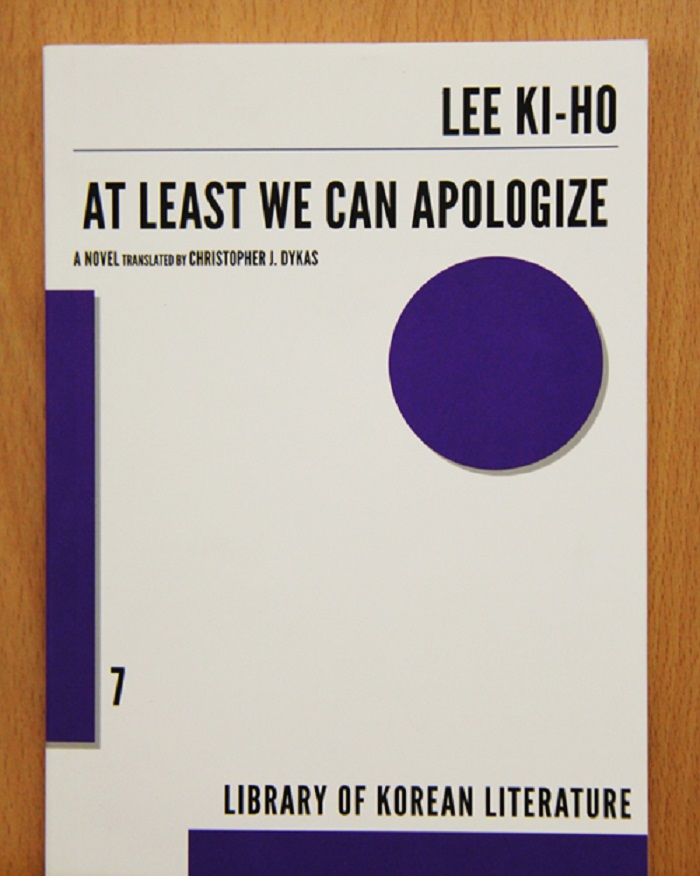
Lee Ki-ho’s novel “At Least We Can Apologize” was published in English last year.
“This book is all about the agony that a vicious circle of a forced feeling of guilt gives us, which, in turn, leads to ‘real’ sins,” said Lee. “I thought that if somebody tells you ’this is your wrongdoing,’ that ends up being your crime, even if it’s not true. The problem lies within us, us who lack self-identity.”
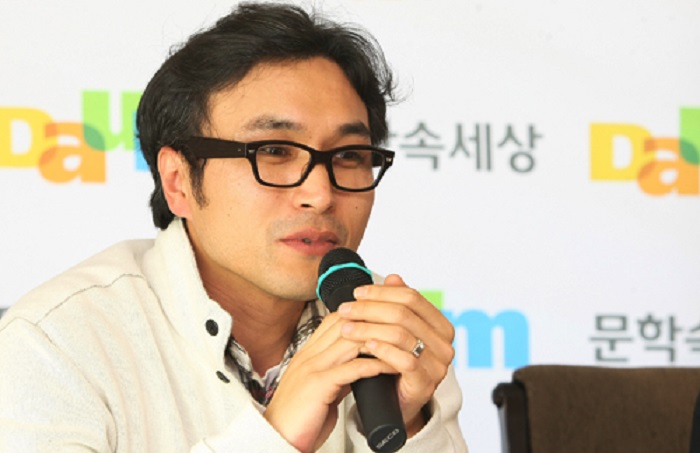
Writer Lee Ki-ho (Photo: Yonhap News)
Author Lee Ki-ho, born in 1972 in Wonju, Gangwon-do (Gangwon Province), earned a bachelor’s in Literature and Creative Writing at Chugye University for The Arts and a master’s in Creative Writing at Myongji University. He made his literary debut with the award-winning short novel “Bunny” in 1999.
His works include the short-story collections “Choi Sunduk: Filled with the Holy Spirit” and “I Knew If I Stayed around Long Enough, Something Like This Would Happen.” In 2010, he won the 11th Yi Hyo-seok Literature Prize with his short story “The Farther, The Closer” and in 2013 he received the first Kim Seung-ok Literature Award with his collection of short stories “Who’s Dr. Kim?”
He is currently a professor of creative writing at Gwangju University.
By Sohn JiAe
Korea.net Staff Writer
jiae5853@korea.kr
Most popular
- First hearing-impaired K-pop act hopes for 'barrier-free world'
- 'Mad Max' director impressed by 'cinema-literate' Korean viewers
- Romanian presidential couple visits national cemetery
- President Yoon, Japan PM pledge better trilateral ties with US
- President, Romania pledge better defense, nuclear power ties




